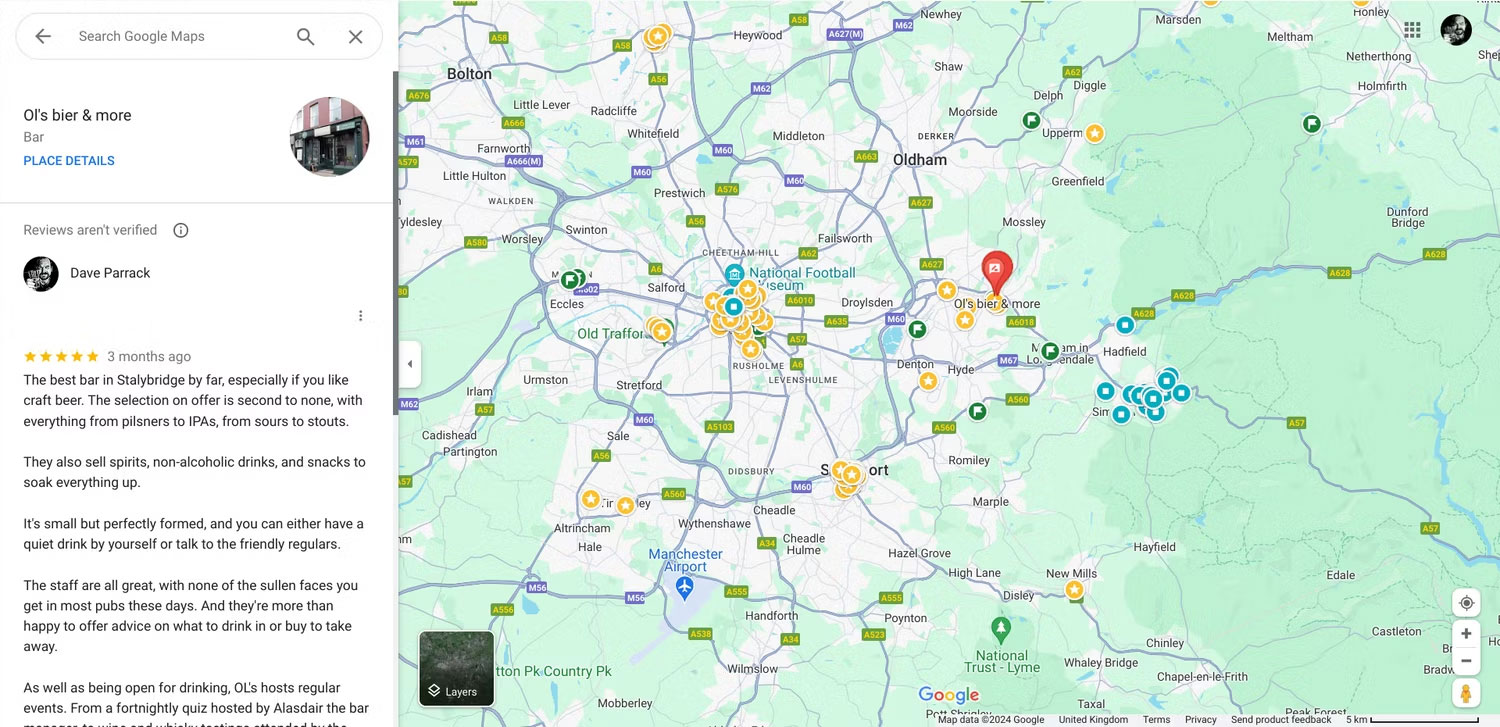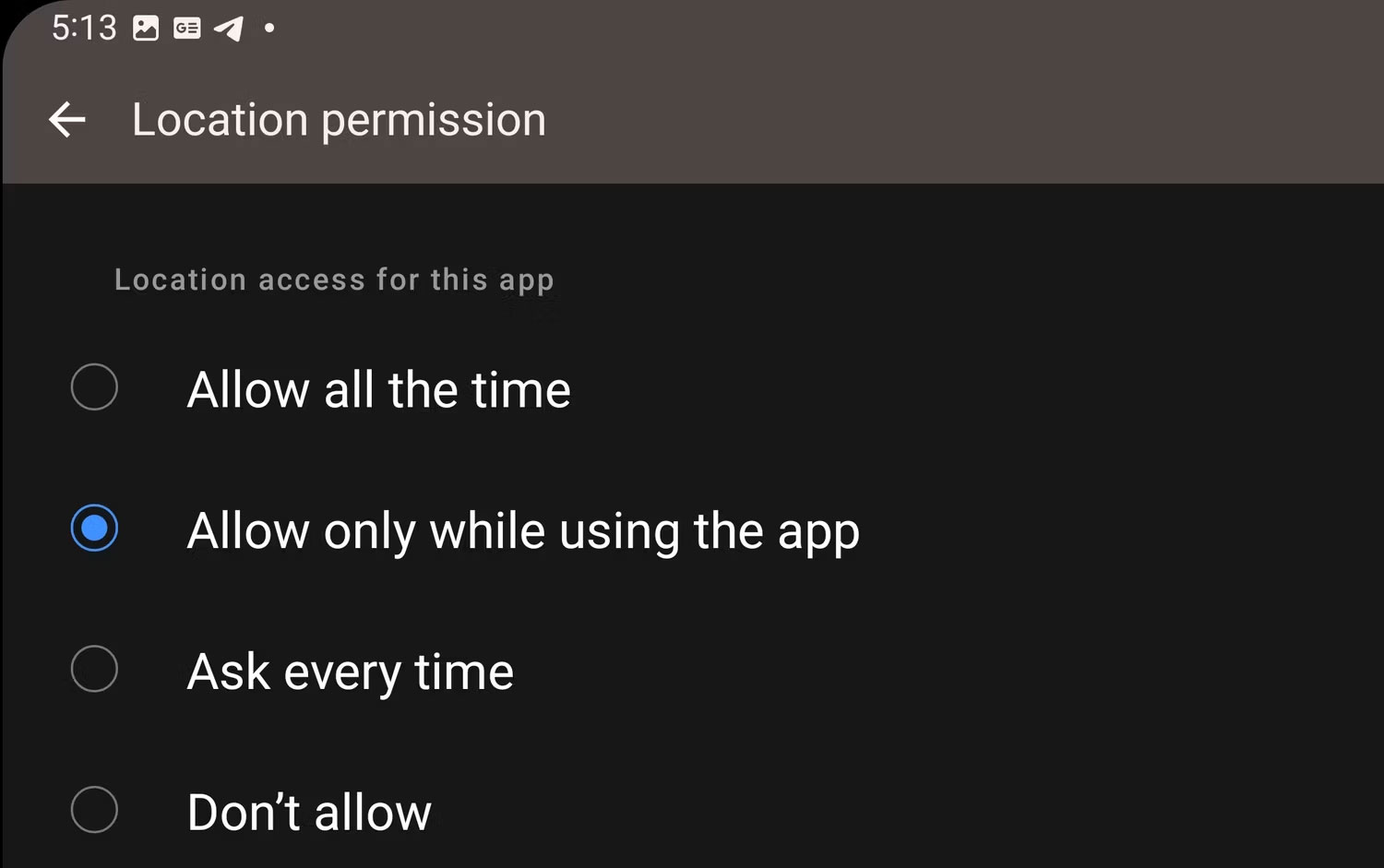Is it safe to grant location permission to a website or app?
Have you ever used an app that had a pop-up notification asking for location permission? They may need the location to provide directions or find nearby locations.
But what about those times when you're not sure why an app needs your location? You start to wonder - who is getting that information and what are they doing with it? Is it safe to press the "Allow" button?
Is granting location permission to a website or app safe?
The answer to whether location sharing is safe is not as simple as yes or no. This may be fine, but it really depends on the requester and what they intend to do with the information. It's like giving your home address. You wouldn't give your address to random strangers, but you would share it with the delivery person, right?
Apps and websites often want location access to get more specific information than just the general area from an IP address. This is especially true for devices with GPS that can determine location to within a few hundred meters. But all that detailed location data remains private on your device. If someone wants to take it, they must ask permission first. That's why your device prompts you before sharing your exact location with an app or website.

The main benefit of allowing location access is how useful and convenient it is. Take direction apps like Google Maps for example - without location access, getting directions goes back to the stone age of having to manually enter the starting point every time. You'll also appreciate giving location access to weather apps that give you real-time updates based on location. That kind of accurate information is extremely useful when you're deciding whether to bring an umbrella or sunglasses that day.
In addition to navigation and weather, location data lets car-tech apps know where you are to match you with nearby drivers. Social media apps can suggest nearby places or events for you to consider or make tagging posts much easier. Some apps, like email or finance apps, even use this data for added security - if they notice unusual activity based on your location, they'll know something's up. happens and warns you.
But when is it not safe to grant location permissions?
Sharing location with apps and websites can be useful in most cases, but you have to be careful who you trust with that information. Where you are and where you're going are actually quite personal matters. It makes sense that one of the reasons companies collect your data, especially location, is to know where you are so they can show local ads. But really, just using the general location from an Internet connection is enough for that purpose. They don't need your permission to know exactly where you are.
So, when should you think twice before allowing a website or app to see your location?
A big red flag is when they ask but don't really need to know. For example, if a basic computer or document viewer suddenly wants to know your location, that's strange! Those apps can do their job just fine without tracking your location. Such a request will make you think that something fishy is going on or that they just want to collect unnecessary data about you. These shady apps and websites can record your entire location history if you let them, and build a really detailed picture of everywhere you go every day. In the wrong hands, all that information could be used for surveillance, identity theft, or other similarly nefarious activities.
Another thing to keep in mind is granting location access to apps from untrusted places. If you download an app from a third-party app store instead of the official store, there's a high chance that the app isn't trustworthy. Official stores screen apps better, so apps that collect your data or have viruses are less likely to get through.
Also, pay attention to whether the app wants constant access to your location. Most modern devices let you control when apps can access your location. You can set it to Allow only when using the app (or similar) instead of Allow all the time (or similar), which is a great middle-ground solution. Not only will it prevent constant tracking from draining your battery, but your location will remain private unless you're using that app.

As a final note, if you allow apps or websites to use your data or current location, you must comply with their terms, privacy policies, and practices. You should review these terms to understand how they use your location and other information.
 How to discharge laptop battery, protect laptop battery properly
How to discharge laptop battery, protect laptop battery properly Summary of ways to fix black Windows 10 screen error
Summary of ways to fix black Windows 10 screen error Everything about Game Mode on Windows
Everything about Game Mode on Windows How to transfer free space from one partition to another in Windows 10
How to transfer free space from one partition to another in Windows 10 7 best equalizer software for Windows 10 to improve PC sound
7 best equalizer software for Windows 10 to improve PC sound